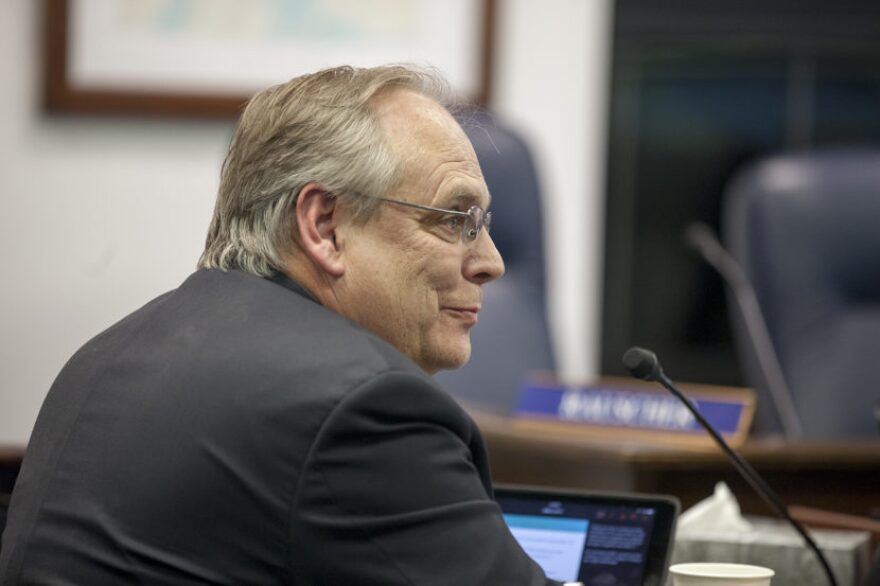As lawmakers in Juneau consider changes to the state’s oil tax credit system, they’re facing stiff opposition from oil companies.
Several industry representatives testified before lawmakers this week. They are calling the changes proposed in House Bill 111 a tax increase. They also say it could affect their investment decisions.
Rich Ruggiero, a legislative oil and gas consultant, told lawmakers that the state’s current tax regime isn’t flexible enough to deal with the changing industry.
But industry representatives told lawmakers that proposing this bill — when oil prices are low — is akin to kicking them when they’re down.
“Nine of the 11 policy sections of the bill would increase cost and or taxes on the industry at a time when oil prices are still in this lower-for-longer range,” Kara Moriarty, president and CEO of the Alaska Oil and Gas Association, said. “In fact, some companies are even still losing money in Alaska today.”
The bill scales back North Slope credits and raises the state’s 4 percent minimum tax.
HB 111 contains several provisions lawmakers considered during last year’s oil tax credit debate:
- It reduces credits companies can earn per-barrel to $5, when prices are below $110.
- It cuts credits companies can take when they’re operating at a loss, from 35 percent to 15 percent.
- It also kicks companies off of the net operating loss tax credit program when they’re producing more than 15,000 barrels of oil per day.
Exxon Mobil tax counsel Dan Seckers told lawmakers Friday that he was troubled to see the state consider eliminating the net operating loss credits.
“That just means you’re losing money,” Seckers said. “I know people like to call the loss credits subsidies to the companies. I’m sorry, I just can’t wrap my head around that concept.”
Smaller companies, like Great Bear Petroleum, say the net operating loss credits are there to level the playing field between new entrants into the industry and legacy producers.
The vice president of commercial ventures for BP Alaska, Damian Bilbao, told lawmakers the new bill would discourage companies from extending the lives of legacy fields such as Prudhoe Bay and Kuparuk. And that it would not encourage independent companies to explore.
Industry representatives also said they want stability.
Several mentioned the state has changed its tax policy six times in the past decade.
House Resources Committee co-chair Geran Tarr, D-Anchorage, pointed out that some of those changes were proposed by the industry.
“We do want to get to a place where we’re not revisiting this every year, and I wish that would have been last year and not this year,” Tarr said.
The House Resources committee has scheduled public testimony on the bill for March 1.

